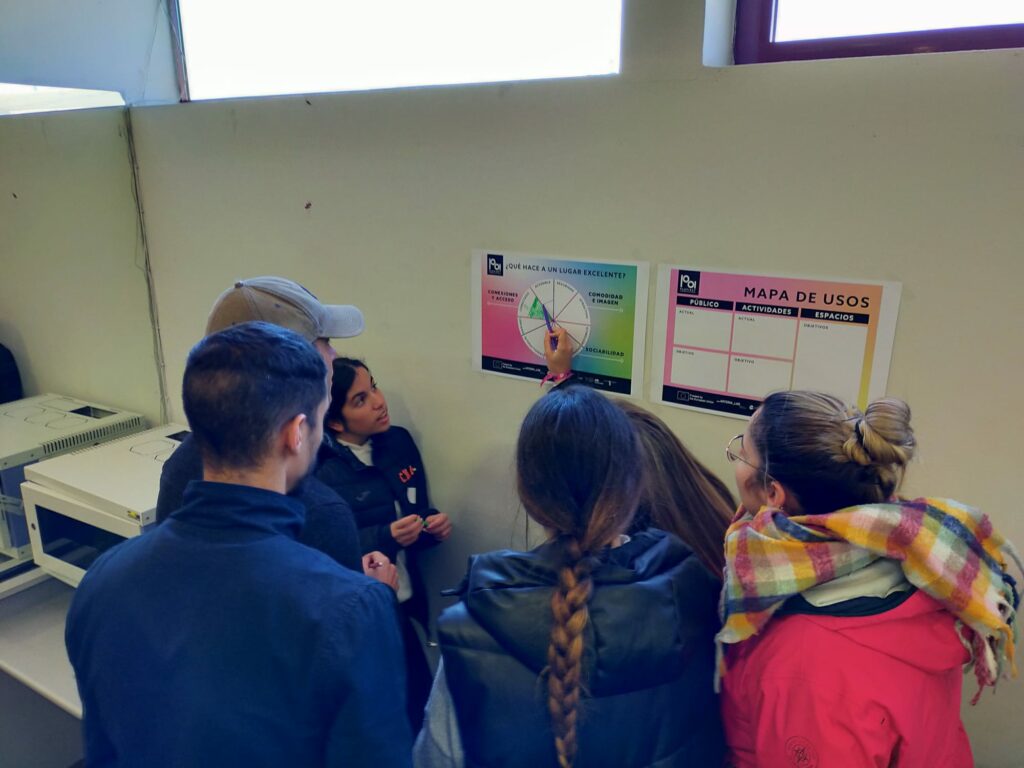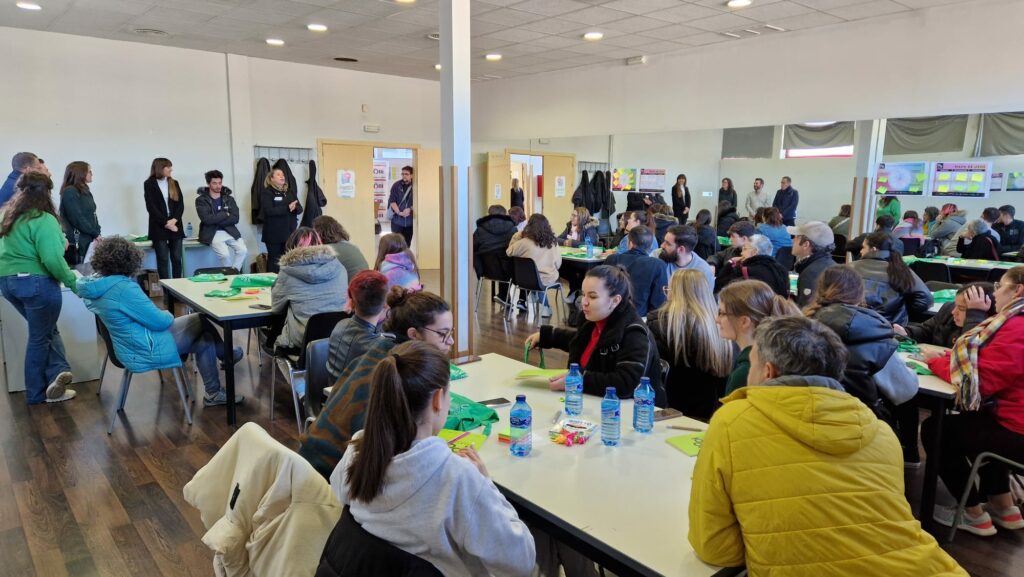Currently in Extremadura, the students continue their international training activities
and have already held the first multiplier event for contact with the community in the
“Economato” space at Mérida. Soon they will hold the next event in Mérida where the
solutions to be prototyped will be defined.”
Immersed in the second semester of the training course accredited by the universities of
Extremadura, Évora, and Basilicata, teams of young students from Spain, Portugal,
Italy, and Hungary continue to develop their skills to launch a Placemaking project in
Mérida, Évora, Matera, and Budapest.
Through research and knowledge of the environment, the project aims to promote youth
activism and respond to the needs and desires of citizens, fostering coexistence and
community.
As part of the course program, there are four international sessions with students from
the other countries involved, which help them share and expand their vision and
knowledge about Placemaking and the work being carried out in each of the four cities
involved.
This month, it’s time for the Budapest workshop, where they can delve into the design
and creation of spaces. Once back, and the time comes to share with the community, in
the second multiplier event that is being designed, which aims to bring together and
share all the accumulated experience to reach creative solutions, leading them to shape a
Placemaking project proposal for “El Economato” in Mérida.
Play Act Erasmus+ is a European project to promote youth activism through training in
Placemaking projects. It is implemented from February 2022 to March 2024 through a
training course. It is led by the University of Évora (Portugal) and involves the
participation of the University of Extremadura and the Ministry of Economy, Science,
and Digital Agenda of the Junta de Extremadura, as representatives of Spain;
Community Impact of Lisbon, in Portugal; the Creative Industries Consortium of
Matera Hub, as a representative of Italy; as well as the Hungarian Contemporary
Architecture Center or KÉK, based in Budapest.


